US blacklists more Chinese, Iranian, Russian firms using ‘human rights’ pretext
The Biden administration has added 14 Chinese companies along with 20 other entities – including some from Iran and Russia – to its economic blacklist over claims of “human rights violations.”
The US Commerce Department claimed on Friday that the companies had been "implicated in human rights violations and abuses in the implementation of China’s campaign of repression, mass detention, and high technology surveillance against Uyghurs, Kazakhs, and other members of Muslim minority groups in the Xinjiang Uyghur Autonomous Region."
“The Department of Commerce remains firmly committed to taking strong, decisive action to target entities that are enabling human rights abuses in Xinjiang or that use US technology to fuel China’s destabilizing military modernization efforts," Commerce Secretary Gina Raimondo further claimed in a statement.
Thirty-four entities, including a number of Iranian and Russian ones, were added to the blacklist, according to the statement which alleged that five entities were “directly supporting” Beijing’s military modernization programs linked to lasers and battle management system.
The list also includes eight entities that Washington claims have facilitated the export of US items to Iran, as well as six entities allegedly involved in the procurement of US-origin electronic components, “likely in furtherance of Russian military programs,” local news outlets reported.
The development comes as the new administration of US President Joe Biden has followed the path of his Republican predecessor and political foe, former president Donald Trump in resorting increasingly to “human rights” as a pretext to impose sanctions and other hostile measures against the countries that refuse to play according to Washington rules.
China has fiercely rejected US allegations of human rights abuses. Its Foreign Ministry spokesman reacted to the latest American measures by saying later Friday that Beijing will do whatever it takes to protect the interests of Chinese entities affected by the move.
"The Chinese side will take all necessary measures to safeguard the legitimate rights and interests of Chinese companies and rejects US attempts to interfere in China's internal affairs," said Wang Wenbin during his daily press briefing.
Washington's "entity list" of blacklisted firms is a tool to suppress certain Chinese companies and industries under the pretext of human rights, Wang said, slamming the blacklist as a hostile effort to stir up chaos in northwest China's Xinjiang Uygur Autonomous Region.
Beijing has repeatedly denied using forced labor in the region and slammed the accusation as a lie and smear campaign against it.
Generally, entities added to the economic blacklist are required to apply for licenses from the Commerce Department and face tough scrutiny when they seek permission to receive items from American suppliers.
This is not the first time Washington has targeted Chinese firms linked to allegations of high-tech surveillance activity in Xinjiang.
In 2019, the Trump administration added some of China’s top artificial intelligence startups to its economic blacklist over what it claimed as “human rights” abuses against Muslim minorities.
Many observers across the globe also dismissed Washington’s claim of defending the rights of Chinese Muslims as a false pretext, citing the long history of US atrocities against mostly Muslim nations across the globe -- especially in occupied Palestinian territories, Iraq, Afghanistan and Syria -- as well as Muslim activist in the United States.
The Commerce Department under Trump targeted 20 Chinese public security bureaus and eight companies, including video surveillance firm Hikvision, as well as leaders in facial recognition technology SenseTime Group Ltd and Megvii Technology Ltd.
Iran's Armed Forces warn EU of ‘consequences’ of IRGC designation
Iran FM: EU’s blacklisting of IRGC a ‘major strategic mistake’
EU blacklists IRGC in legally flawed move irrespective of consequences
VIDEO | Press TV's news headlines
VIDEO | Afghanistan opens first specialized cancer hospital
Trump officials held secret talks with Canadian separatist group: Report
VIDEO | Pakistan’s legal community condemns UNHRC anti-Iran resolution
Resistance groups announce volunteer recruitment to defend Iran


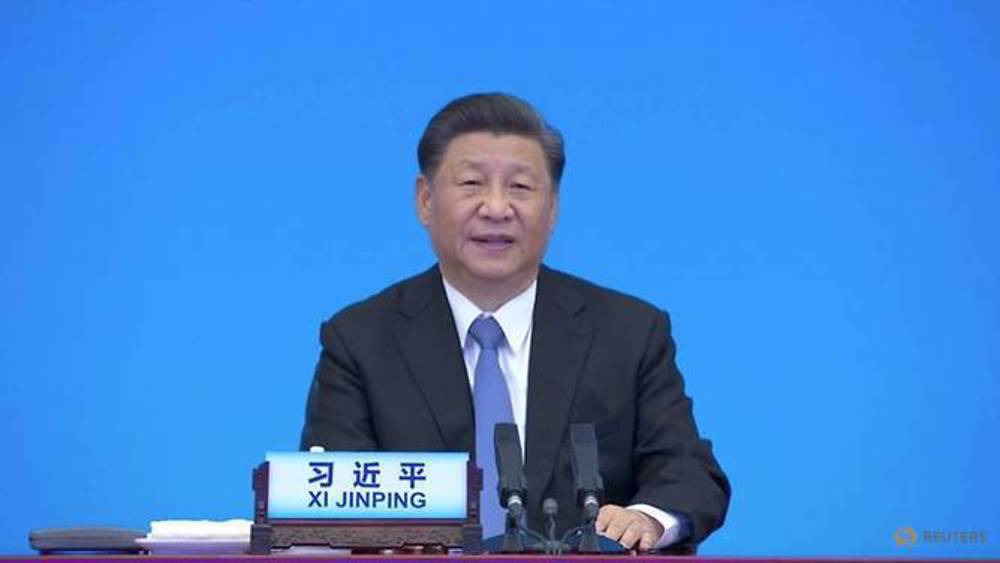
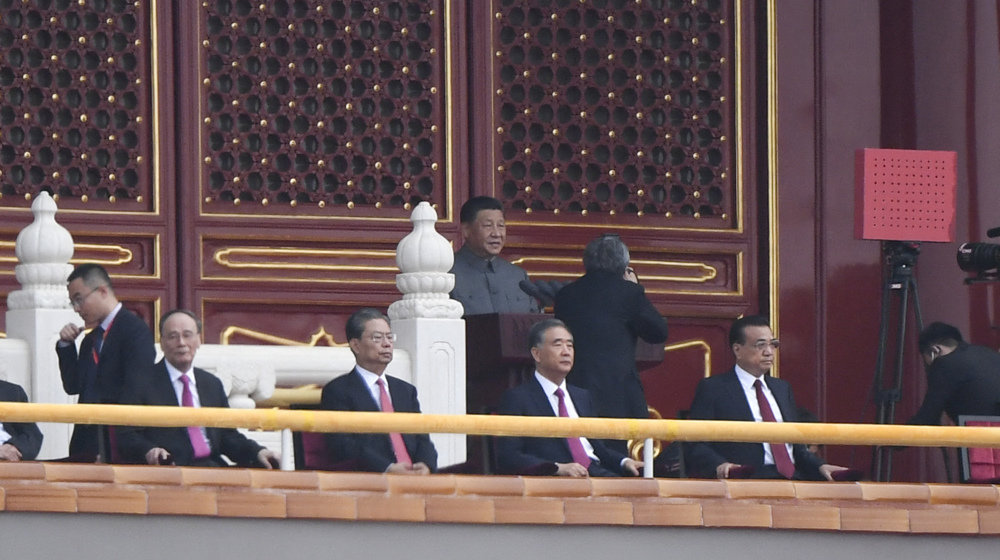


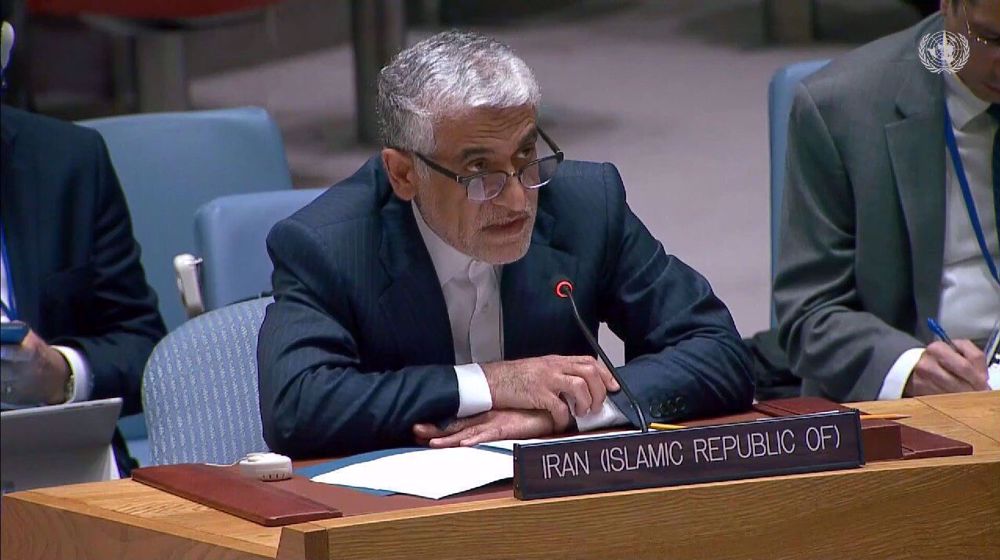



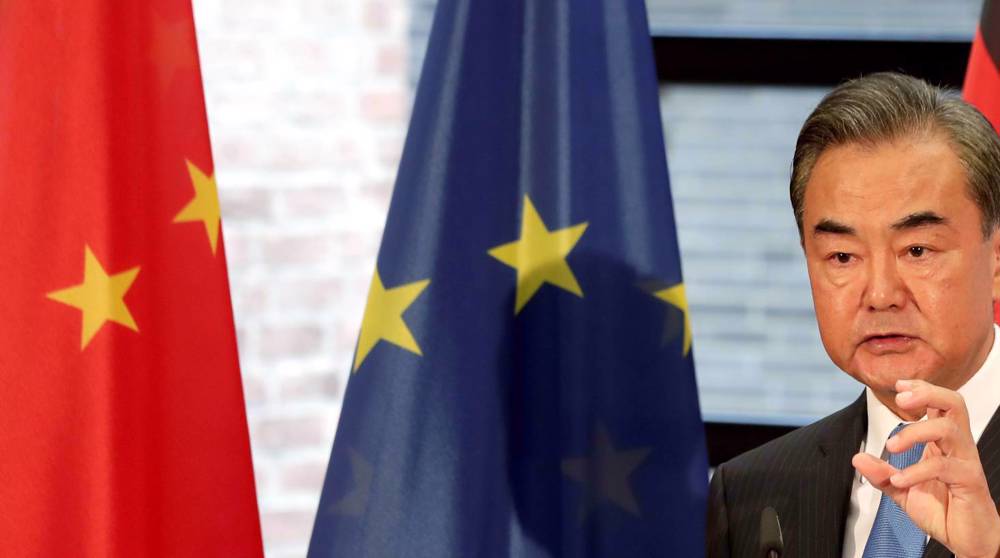
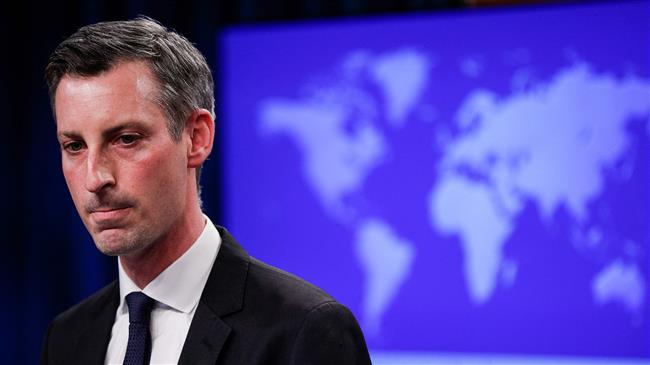
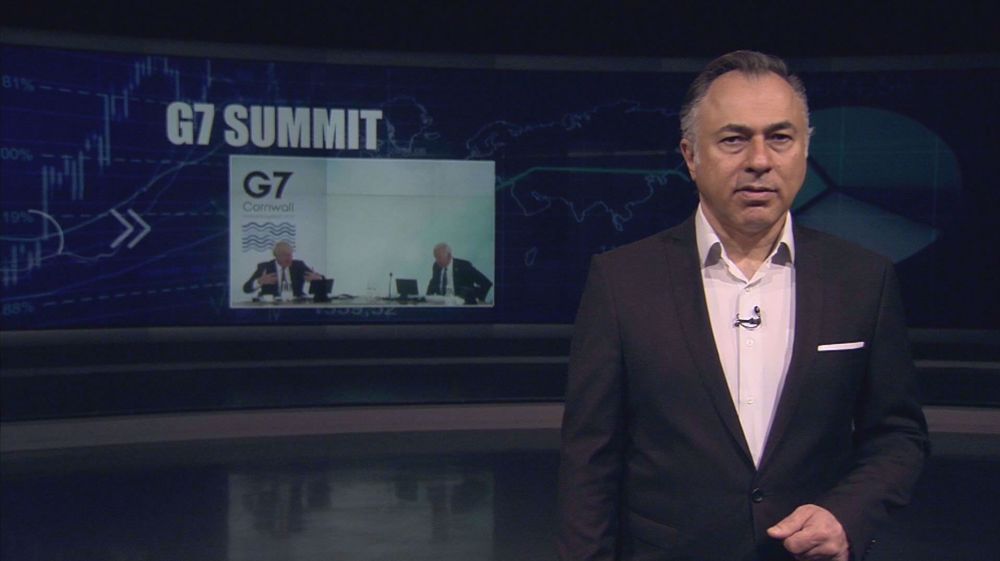

 This makes it easy to access the Press TV website
This makes it easy to access the Press TV website